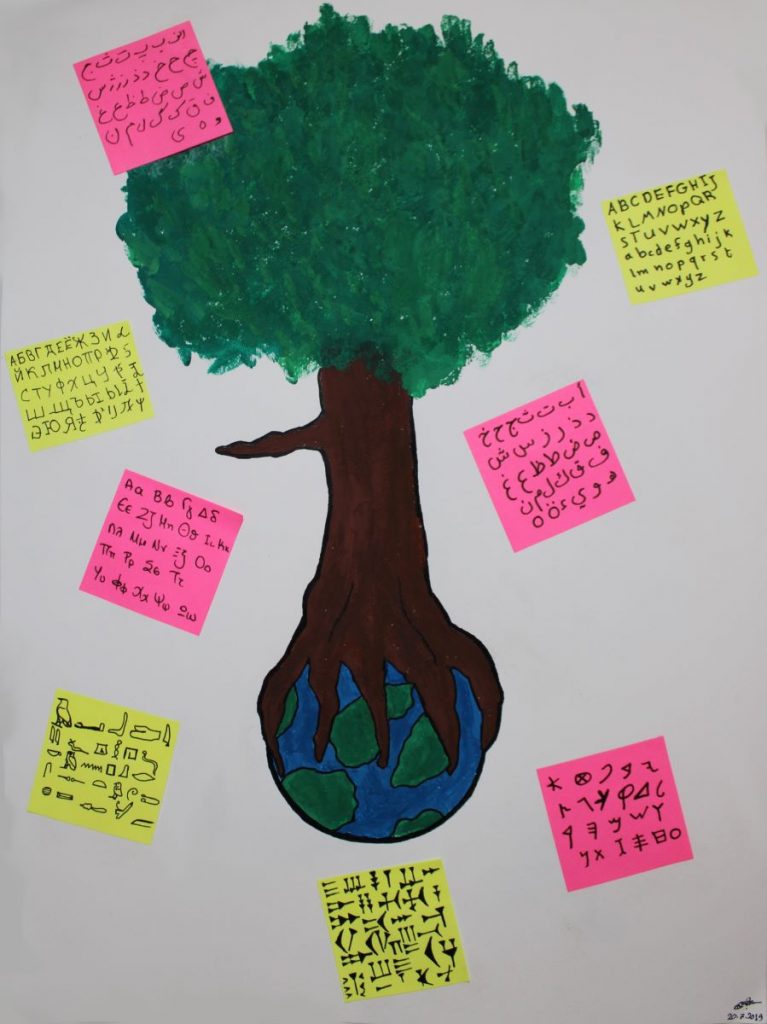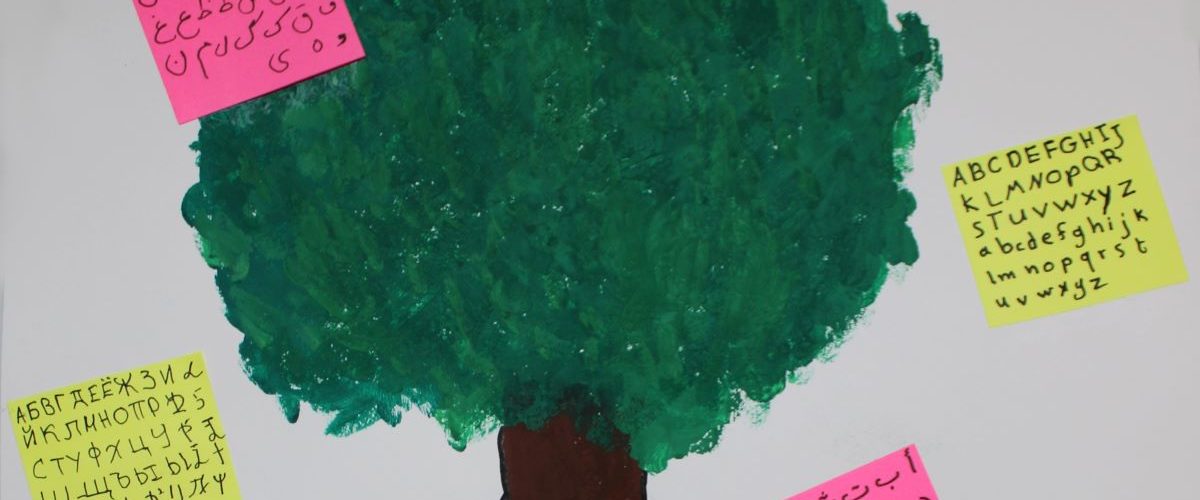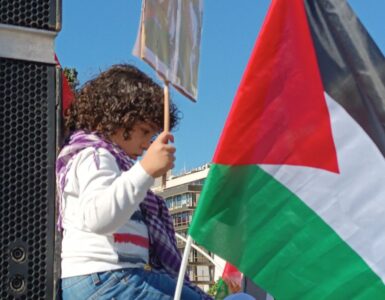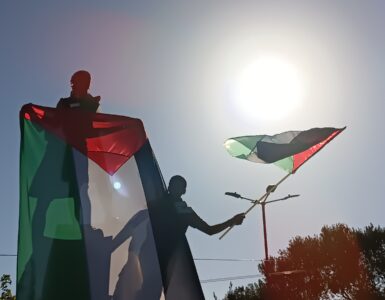I say: Madar. You say: Mitera. He/she says Mother. They say: Mama
I say Pedar. You say: Patera. He/she says Father. They say: Papa
Is it possible that the language we speak or the accent we use can make them more or less of a parent? Does a different accent alter their emotions? I hope the answer is no.
Yes, you guessed it, we are referring to one’s mother tongue. The language we didn’t choose. We were born with it and it is the language of our thoughts and emotions. The language your mother spoke to you when you were inside her, the language she used when she wanted to let you know her plans for your future. You were created inside your mother and each and every day you could hear her voice, her songs and the stories she told you, as well as the secrets that only the two of you shared. Maybe that is why they call it the mother tongue, because it is the language that grows with you, in that world inside your mother.
Now imagine coming to another country where they laugh at you because of your mother tongue. Nevertheless, you do what you can not to forget it. There is no way you are prepared to lose the only thing left of your homeland, just because of the taunts of a few narrow-minded people.
Let’s introduce ourselves. I am a girl born in a foreign land, where my struggle began. I am continuously reading stories about my mother tongue and through that, I find the strength to defend myself against those that want to take it away from me. The French novelist Alphonse Daudet wrote that a nation that forgets its mother tongue is like a prisoner that has lost the keys to his cell.
Reading this always makes me think how life abroad does to a certain extent resemble life in prison. Speak your mother tongue, don’t lose the key, and don’t let them take the language of your thoughts and dreams.
That’s more or less how I became bilingual, speaking my mother tongue at home and Farsi outside my house and in school. I tried to speak Farsi with an Iranian accent. I did it so well that they couldn’t tell I was an immigrant. I grew up with two languages, I learnt two languages, but…
Despite my attempts, I am still not able to read a book, to describe my feelings or to speak to people in my mother tongue. By living abroad, I do not have the confidence to speak Dari. It all started when I was a child, when I was laughed at because of the way I pronounced a number. I said “yak” instead of “yek”, which means one. My classmates’ laughter still echoes in my ears all these years later. The same is true of many immigrants. After that, I imprisoned my mother tongue. I often spoke to the small girl inside me in my mother tongue. We have had the sweetest, the most unforgettable conversations. Why? Because I have been able to talk to her in my mother tongue, without fear of being criticised.
Now imagine someone denying you your mother tongue. How would you feel? When I think about it, I believe it’s like losing all your dreams and memories because the language of your heart and mind has been silenced.
Let us respect our mother tongue. In my opinion, our mother tongue is our mother’s legacy. If you don’t study the language and its grammar, you will never know your history, and if you don’t know your history, you have no future. Let’s not allow any more people without a future in our society.
One step towards the preservation and protection of languages is when the 21st of February was declared International Mother Language Day by the United Nations and UNESCO. The message of UNESCO is this: Anyone who cannot speak his mother tongue is considered illiterate, even though he/she may know how to read and write.










Add comment